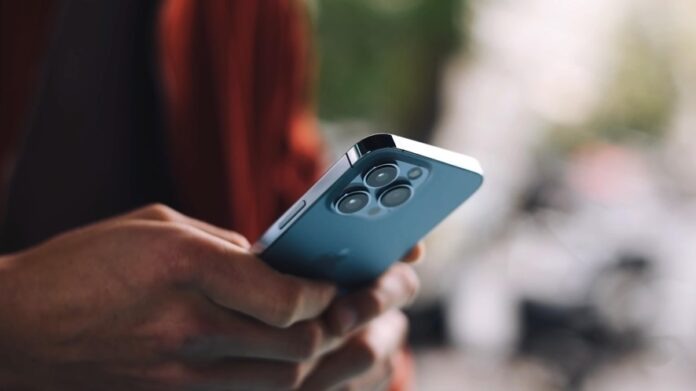Do you have an integrated VPN for your iPhone?
To stay on the cutting edge of technological technology, every year Apple unveils new technology along with software. This is while striving to preserve its status for developing extremely secure devices that include features such as Private Relay.
It was introduced in 2021 and you could be forgiven for believing that it is Apple’s own version of VPN. It was introduced in 2021 and is a VPN. But that’s not the case. There are several major limitations that make the requirement for a third-party iPhone VPN essential to make your device more efficient.
We will explain the reasons Private Relay is not a integrated VPN for the iPhone and the distinctions between the two and how to choose is the most effective VPN to use looks as to ensure the security of your Apple smartphone.
VPN vs Private Relay What are the differences between them?
The first thing to be aware of is the fact that because you own an iPhone does not mean that you automatically have access to access to the private relay feature. It’s included with iCloudand accounts. This is for anyone who pays for cloud storage. As of now, in this sense it’s not a “built-in service.
Second, Private Relay is not an actual VPN although it can provide some privacy and security features however they’re nowhere far from the same extent as an actual VPN.
The ability to conceal an user’s IP address. Private Relay only protects the traffic using Apple’s Web browser Safari or apps that have unsafe connections (HTTP instead of HTTPS). Anyone who chooses for Chrome or other browsers on an iPhone will not be secured.
When Private Relay automatically chooses two random servers to connect to to stop any digital connection from being linked to your device and you however, it does not have the option to choose the country you want to connect to, like an VPN.
Geo-spoofing permits you to access online content that is normally restricted and is among the most important reasons (beyond enhanced security) you’ll need an VPN to use on your iPhone.
What is an iPhone VPN Do?
Each VPN provider comes with their own strengths and weaknesses, however all of the top VPNs which we would recommend to iPhone provide more benefits that the Privacy Relay feature. For instance, a top VPN:
- The IP address is hidden.
- Secures traffic coming in and out
- It also comes with additional features that enhance security and privacy like the Double VPN feature of NordVPN.
- This prevents the throttling of bandwidth by Your Internet Service Provider
- Blocks content that is geo-restricted
- Receives American Netflix so you can stream US exclusives such as 30 Rock
- Overseas? You can stream UK TV abroad or stream other content specific to your region wherever you are.
In contrast to Private Relay which is a VPN, unlike Private Relay, a VPN will also give you more secure online privacy, no matter whether the site or application makes use of HTTP as well as HTTPS.
So…is there a built-in VPN for your iPhone?
The simple answer is No. The iPhone doesn’t have an inbuilt VPN as well as the Private Relay certainly isn’t a solution to this. It’s important to note that, as is any of the other Apple devices. Similar to the iPhone it’s necessary to use third-party Mac VPN or iPad VPN which you can download via the App Store however we strongly suggest signing up directly via the site of the provider in order to receive the most affordable VPN service.
What are the top VPNs that are suitable for iPhone users?
Our three top VPN services we would recommend to iPhone users include ExpressVPN, NordVPN as well as Surfshark. We believe that these three providers offer the most user-friendly interface for iPhone and are well adapted to iOS and offering an easy and user-friendly experience. To match Apple’s reputation for its sleek and attractive design The three providers have also surpassed other crucial areas.
They provide fast performance for basic internet browsing streaming, gaming, and other All three of them achieving superior speeds in our most recent test. In actual fact, NordVPN maintained its track history of being among its most stable and fastest VPNs with speeds ranging from 730 to 760Mbps. Surfshark was close behind at 730-790Mbps. ExpressVPN is, though a bit slower, has a speed that is speeds of 420 to 630Mbps, all three sets are sufficient for the typical user.
Alongside an array of security options, including Split-tunneling and double VPN kill switches, solid encryption, the three are also able to allow access to the streaming services that are most well-known. They include BBC iPlayer, Prime Video as well as Disney Plus. The three services also make their way into our top Netflix VPN guide, as well.
